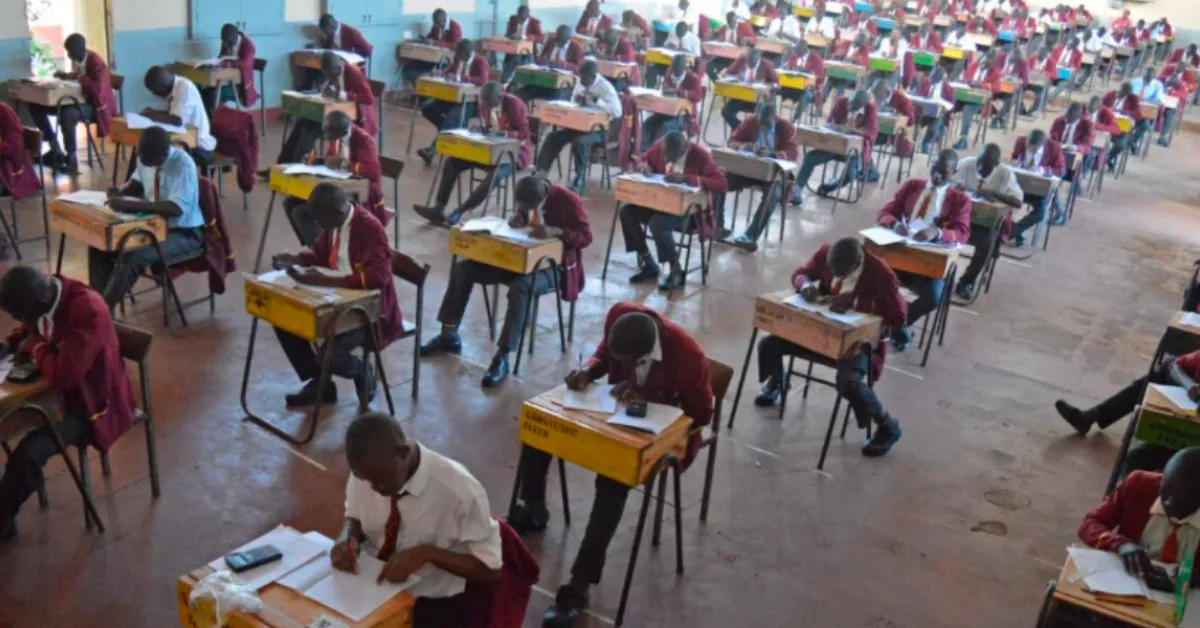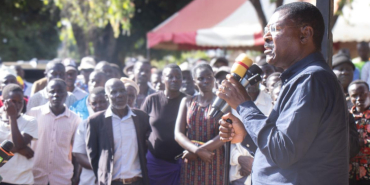Record Number of A Grades as 2024 KCSE Results Show Historic Improvement

The 2024 Kenya Certificate of Secondary Education (KCSE) results have demonstrated a landmark achievement.
The current cohort of students has delivered some of the most impressive outcomes since the educational reforms initiated in 2016. This year’s examination reflects not only exceptional performance but also critical changes in gender representation among candidates. The 2024 cohort faced unprecedented disruptions in the wake of the COVID-19 pandemic.
These students, who were initially set to take their Kenya Certificate of Primary Education (KCPE) in 2020, became the first to sit for national examinations in March, departing from the traditional October-November timeline. The resilience demonstrated during this period has been widely acknowledged, with David Njeng’ere, CEO of the Kenya National Examinations Council (KNEC), commending their determination throughout the unpredictable examination process.
For the first time in KCSE history, a significant shift was observed in the gender dynamics of the examination candidates, with female students outnumbering male students. Of the total 962,512 candidates, 482,202 were female, accounting for 50.1% of the cohort. This change marks a noteworthy departure from previous trends where male candidates considerably dominated the examinations.
The examination results reveal a historic level of academic success, with 1,693 students achieving a mean grade of A. This figure is particularly remarkable when contrasted with the solitary candidate who attained an A in the inaugural KCSE in 1989. Moreover, the number of students qualifying for university admission—those receiving a mean grade of C+ and above—reached 246,391, which is a significant increase from the 201,133 qualified students in 2023.
However, this rise in eligible candidates poses pressing challenges for the government, particularly concerning the funding of tertiary education. Complicating these challenges, the High Court recently declared the government's funding model for tertiary education as unlawful. Education Cabinet Secretary Julius Ogamba has not provided clarity on the extent of government sponsorship for the newly qualified candidates, an issue that remains troubling for stakeholders in the education sector.
The ambiguity surrounding university funding and access may have far-reaching effects on higher education in Kenya. The 2024 examination results were evaluated using a newly revised grading system that emphasizes performance in mathematics, the best language, and the top five subjects. The results indicate that national and extra-county schools excelled, with outstanding performances from institutions such as Alliance Girls High School and Kenya High School.
Dr Njeng’ere highlights that effective school administration and entry behaviour significantly influenced academic performance, noting that sub-county schools achieved better results than county schools, despite facing financial limitations. He underlines the necessity for proper infrastructure and staffing to foster academic excellence across all educational institutions.
In terms of subject performance, seventeen of the thirty subjects examined showed improvement, especially in STEM disciplines and technical courses. Conversely, a decline was recorded in ten subjects, including English and Kiswahili. Gender disparities were evident in subject performance, with female students achieving superior results in languages and home science, whereas male students excelled in other disciplines.














Add new comment